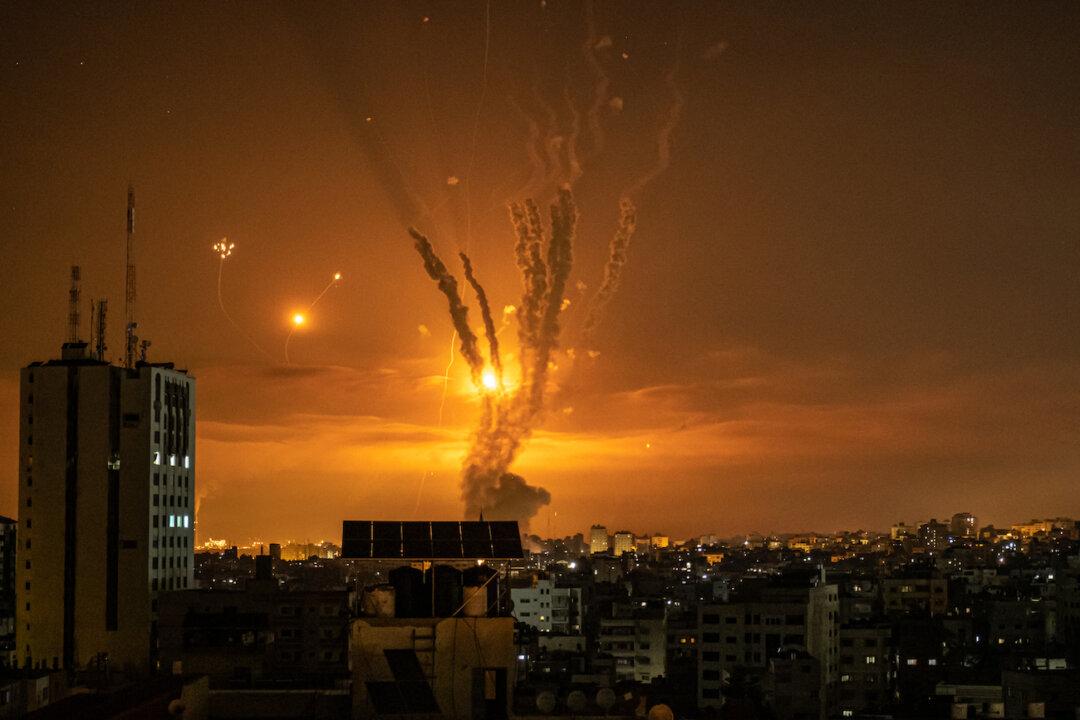Commentary
Once again, a Democrat is in the White House, and once again, the Middle East is on fire. This might seem like an odd, even tendentious, statement. But it’s supported by the past half-century of history.

Once again, a Democrat is in the White House, and once again, the Middle East is on fire. This might seem like an odd, even tendentious, statement. But it’s supported by the past half-century of history.